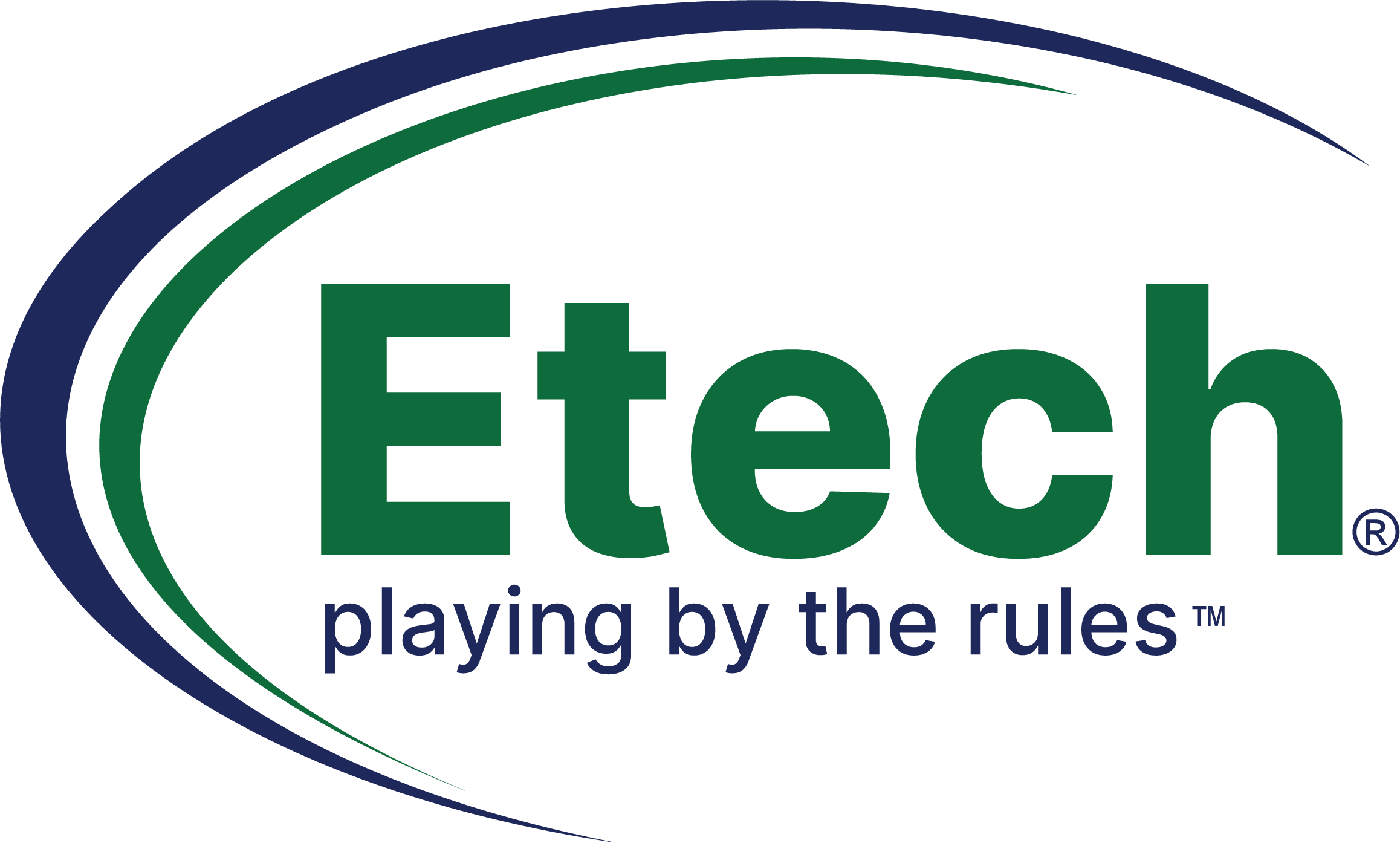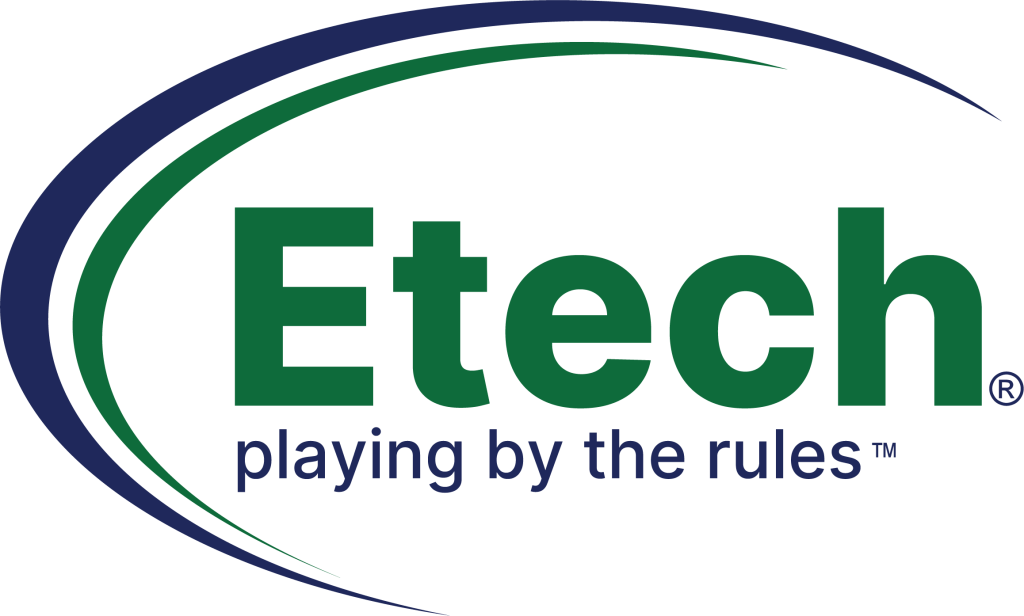Ten Principles to Drive Effective Collaboration-part 1

As companies become bigger and customers demand more from them. rapid growth poses a new challenge for seamless service delivery. This is where collaboration comes into the picture. Collaboration can be defined as two or more people working together to create or achieve the same thing and we often think of it as an activity stream where information passes from one department to another.
If you are only looking at this process from this angle however, you may expose your enterprise to the inherent risks of information overload and misinformation, which will eventually affect people outside the organization and negatively impact your chances of success.
To foster active collaboration, practice the following principles as a foundation.
-
Focus on business results
Start with the end in mind. What business goals are most critical to business success? Some goals have greater value than others do because, when achieved, the ripple effect leads to the achievement of others without any effort. Focus collaboration on the business aspects that have the highest impact.
For example, focusing on employee engagement will lead to higher customer satisfaction levels, happy employees and contribute positively to the bottom line. This means that collaboration among all concerned parties, including entry-level employees is of utmost importance to the company.
-
Encourage high standards for information sharing
It should go without saying that for effective collaboration between parties to be possible, you need to have open communication. It is very common for people to hold a meeting that yields nothing and is a total waste of time because the discussions were only about office politics.
To overcome this, train, promote and reward employees who practice high standards in their dialogues and discussions. When employees consistently observe the high standards, it leads to open information sharing.
-
Align information and authority
During a meeting, not every person is the decision maker but everyone should contribute to the discussion to supply the critical information upon which the ultimate decision depends. You need to align the information flow and the authority to make decisions. The challenge to overcome here is getting information from people who keep silent on crucial matters, which can have an immense influence on the decisions made.
Your task is to ensure that the people preview to sensitive information, have authority to make certain decisions on their own or with approval from a senior manager.
-
Encourage Accountability
Closely related to the above point, personal accountability is essential for effective collaboration. When every person takes responsibility for his or her actions and how it leads to the success of the business, then collaboration becomes easy. An employee who does not take ownership of their roles will be the first to hoard information because they just do not care what happens.
On the other hand, an employee who is accountable will immediately report a matter to the manager when they feel it has an effect on the business. When responsible, like-minded people work in a team, you will achieve greater business results.
-
Look at collaboration as a competence
Collaboration is one piece of the business success puzzle, and we know to complete the puzzle all pieces must fit in correctly. The other pieces include business rules, processes, quality standards, systems, staff duties, organization roles, data flow, and management style among others.
You need to align all the pieces well and monitor on all of them equally so that your puzzle does not grow disproportionately. Collaboration will help you achieve this and much more.
In summary, effective collaboration extends beyond the available collaboration technology. The entire team should roll up their sleeves and do all it takes to ensure they achieve business goals seamlessly. Focusing on business results, encouraging high standards of information sharing, aligning information and authority, promoting accountability and looking at collaboration as competence, will give you a head start in driving effective collaborations in your organization.
Look out for Part 2 of this topic for more principles.


